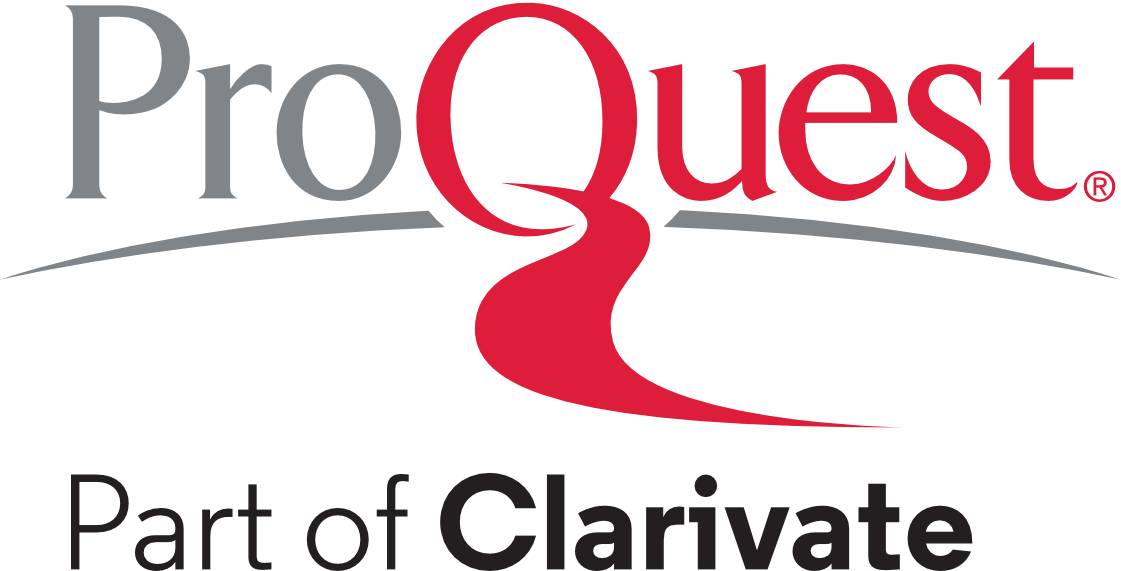Predictors of favorable response to implanted of ventriculoperitoneal shunt in patients with idiopathic normal pressure hydrocephalus
Predictores de respuesta favorable al implante de derivación ventriculoperitoneal en pacientes con hidrocefalia idiopática de presión normal
DOI:
https://doi.org/10.17981/JACN.1.1.2020.10Keywords:
Idiopathic normal pressure hydrocephalus, Ventriculoperitoneal shunt, Cognitive impairment, Gait disorder, Neurosurgery.Abstract
Introduction: The indication of a ventriculoperitoneal shunt (VPS) is discussed in patients with idiopathic normal pressure hydrocephalus (iNPH), due to the heterogeneity of the response to treatment and the risks involved in neurosurgery. Objective: To search for clinical factors and complementary studies in order to determine predictors of a favorable response to the VPS placement in patients with iNPH. Methodology: A retrospective study of patients with probable iNPH (according to international guidelines) treated with VPS assisted in a neurological clinic from January 2014 to January 2017 was conducted. A univariate statistical
analysis of the variables considered as possible prognostic factors was performed. Results: 58 patients were included. Women presented 3.68 times more chances of improvement after the VPS (p=0.019). Good response to the gait test was associated with better response to the VPS (p=0.024). Conclusions: Female sex and good response to the gait test could be considered as predictors of a favorable response to the VPS placement in patients with iNPH. A prospective study is necessary to achieve a homogeneous diagnostic evaluation and a more extensive longitudinal follow-up to evaluate the clinical evolution in this group of patients.
Downloads
Published
How to Cite
Issue
Section
License
Copyright (c) 2020 Journal of Applied Cognitive Neuroscience

This work is licensed under a Creative Commons Attribution-NonCommercial-NoDerivatives 4.0 International License.
You are free to:
- Share — copy and redistribute the material in any medium or format.
- The licensor cannot revoke these freedoms as long as you follow the license terms.
Under the following terms:
- Attribution — You must give appropriate credit, provide a link to the license, and indicate if changes were made. You may do so in any reasonable manner, but not in any way that suggests the licensor endorses you or your use.
- NonCommercial — You may not use the material for commercial purposes.
- NoDerivatives — If you remix, transform, or build upon the material, you may not distribute the modified material.
- No additional restrictions — You may not apply legal terms or technological measures that legally restrict others from doing anything the license permits.

 English
English
 Español (España)
Español (España)










